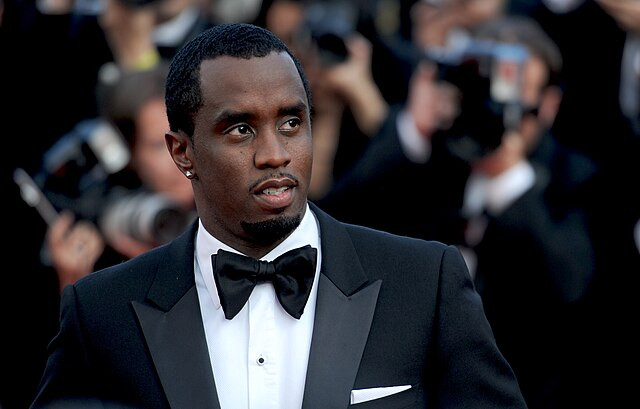Sean "Diddy" Combs, once among the most powerful figures in music, was sentenced to 50 months in federal prison Friday after a Manhattan jury convicted him of two counts of transportation to engage in prostitution. The decision followed an eight-week trial and a nearly six-hour sentencing hearing before Judge Arun Subramanian, who also ordered five years of supervised release and a $500,000 fine.
"You abused them, physically, emotionally and psychologically," Judge Subramanian told Combs in court. "Why did it happen for so long? Because you had the power and resources to keep it going, and because you didn't get caught. A meaningful sentence is needed to protect the public for further crimes."
The ruling capped one of the entertainment industry's most high-profile criminal trials in years. Prosecutors had sought 135 months-more than 11 years-arguing that Combs' behavior involved "violence, intimidation and coercion." His lawyers requested only 14 months, citing remorse and family hardship. The U.S. Probation Office recommended between five and seven years.
In a letter to the court, singer Casandra "Cassie" Ventura, Combs' ex-girlfriend, urged a sentence that would allow her to live without fear of him "walking free." Ventura had testified during the trial that Combs used his influence to control and harm her during their relationship.
Before the sentence was read, the court watched an 11-minute family video featuring Combs' children describing him as a loving father. Combs wept as the footage played, later addressing the court directly: "One of the hardest things has been to be quiet, not being able to express how sorry I am for my actions."
"I want to apologize again to Cassie Ventura for any harm I caused emotionally or physically," he said. "I didn't mean to hurt you. Sorry that I brought you into my mess." He added that his "actions were sick" and linked them to substance abuse, saying, "I was out of control. I needed help, but I didn't get the help."
Combs described losing his businesses, reputation, and self-respect. "Because of my decisions I lost my freedom. I lost the opportunity to effectively raise my children and be there for my mother. I lost all my businesses, I lost my career. I totally lost my reputation. I lost my self respect," he said. "I've been humbled and broken to my core."
Harvard Law professor Alan Dershowitz, who represented O.J. Simpson during his appeal, called Combs' decision to arrange a public speaking event before sentencing "a slap in the face" to the court. "I can't imagine anything more stupid than that," Dershowitz told Fox News Digital. "I would have quit the case. I'm not Dr. Kevorkian. I don't believe in walking my clients into a death chamber."
Robert Shapiro, another attorney for O.J. Simpson, said the judge's decision likely reflected careful preparation. "My experience is that judges in advance have a pretty good idea of what the sentence is, and they're not going to be swayed tremendously," Shapiro said. "Something may come up, but generally a judge has spent a lot of time, has read all the letters, and pretty much knows what he or she is going to say."
Former federal prosecutor Neama Rahmani said Combs' team plans to appeal. "He can and will appeal, and he has arguments that the judge improperly calculated the guidelines and considered acquitted conduct," Rahmani said. "Diddy's best chance of freedom has always been a presidential pardon. Expect a strong lobbying effort by Diddy's team in the coming days and weeks. This story is far from over."





